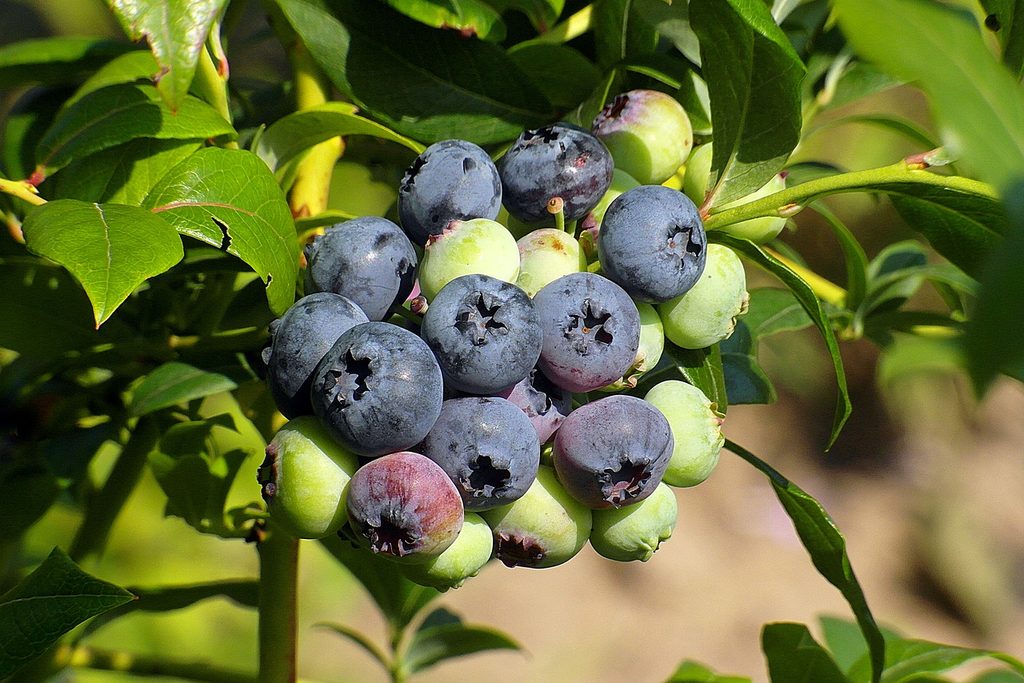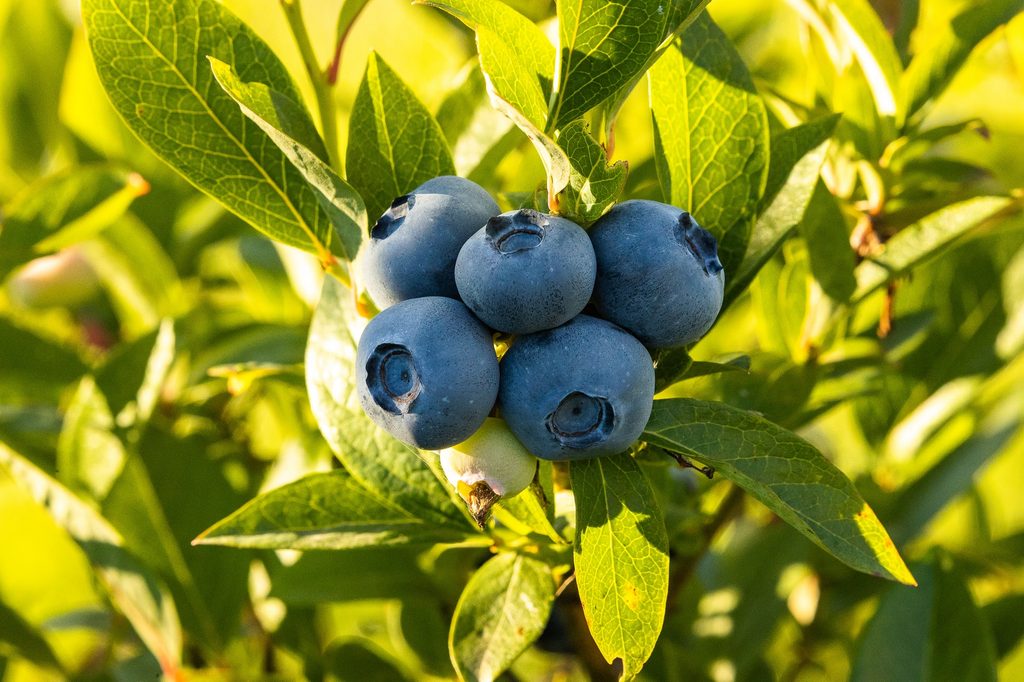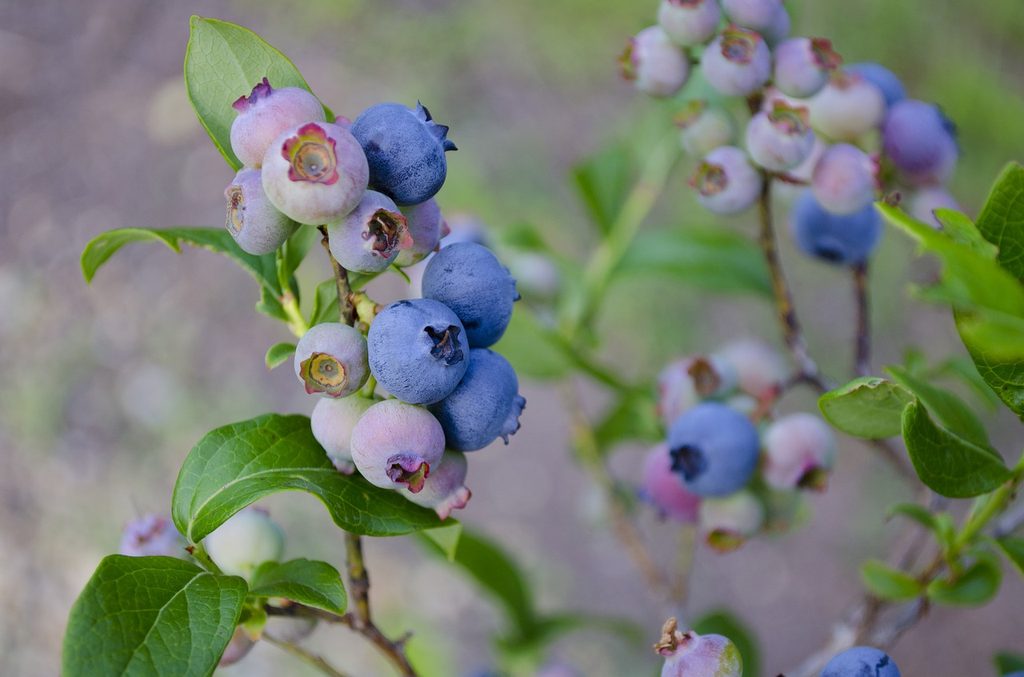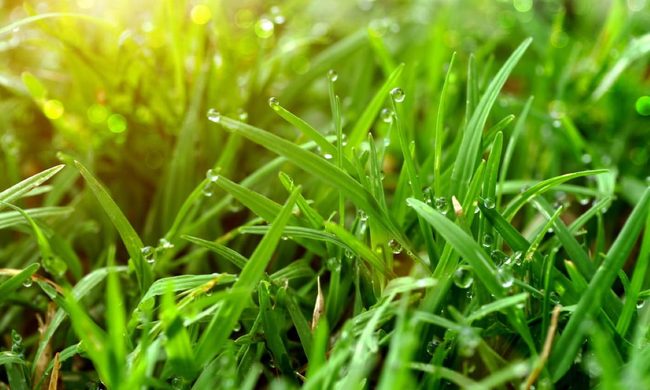
Blueberries are a sweet, delicious treat in the summer, and harvesting them from your own blueberry bush makes them an even more convenient snack. They’re an easy-to-grow addition to any fruit garden. If you’re ready for your blueberry harvest and feeling a little impatient while watching them ripen, you might be wondering how long you have to wait. So, when are blueberries in season, will they ripen after you pick them, and how do you know when they’re ripe? We’ll answer all your questions!
When are blueberries in season?

Like any plant, the exact time your blueberries will be ready to harvest depends on your climate. Blueberries are in season from late spring to late summer, typically from April to September. Start watching your blueberry bush (or your grocery store produce aisle, if you aren’t planning on growing your own blueberries) when the weather in your area starts to heat up.
Warmer regions tend to have slightly earlier harvest seasons than cooler regions, since it becomes warm earlier in the year. You can estimate the harvest time for your specific blueberry bush by paying attention to when it blooms. You can expect your harvest to start a couple of months after the flowers open.
Do blueberries ripen after harvest?

Some fruits will ripen after harvest, but are blueberries one of them? Blueberries will continue to ripen after harvest, but only slightly. Blueberries that are mostly ripe will finish ripening after they’ve been picked, while blueberries that aren’t close to being ripe will not. Color is a good metric to use for this. Blueberries that are dark blue or purple will ripen slightly after being picked. Blueberries that are pale blue, white, or green, however, will not ripen enough to be palatable after being harvested.
Unripe blueberries are not entirely useless, however! Some people enjoy pickling them or creating a verjus with them. Their tart flavor may not be as suitable for sweet blueberry pies or muffins, but some people enjoy the sour flavor of unripe blueberries.
How to tell if blueberries are ripe

There are a few ways to tell if blueberries are ripe. Color is the first indicator of ripeness. A ripe blueberry will be completely blue or purple, without any white or green. Look for blueberries that are darker or more vibrant, as pale blue blueberries are almost, but not quite, ripe.
Texture is another important way to tell how ripe a blueberry is. A ripe blueberry will be soft, with just a little give. Unripe blueberries are firm or hard, and overripe ones are squishy. The final way to tell if a blueberry is ripe applies only if you are the one harvesting them. Ripe blueberries will practically fall off the bush, requiring little to no effort to pick. Unripe blueberries will cling more firmly to the bush.
Now that you know when blueberries are in season and how to tell if your blueberries are ripe, you’re ready for this year’s blueberry harvest! Start watching for your blueberry harvest when the weather begins to warm up, and only harvest blueberries that are ripe. Then, all that’s left is to enjoy your delicious blueberries. Be sure to store them carefully to keep them as fresh as possible.



